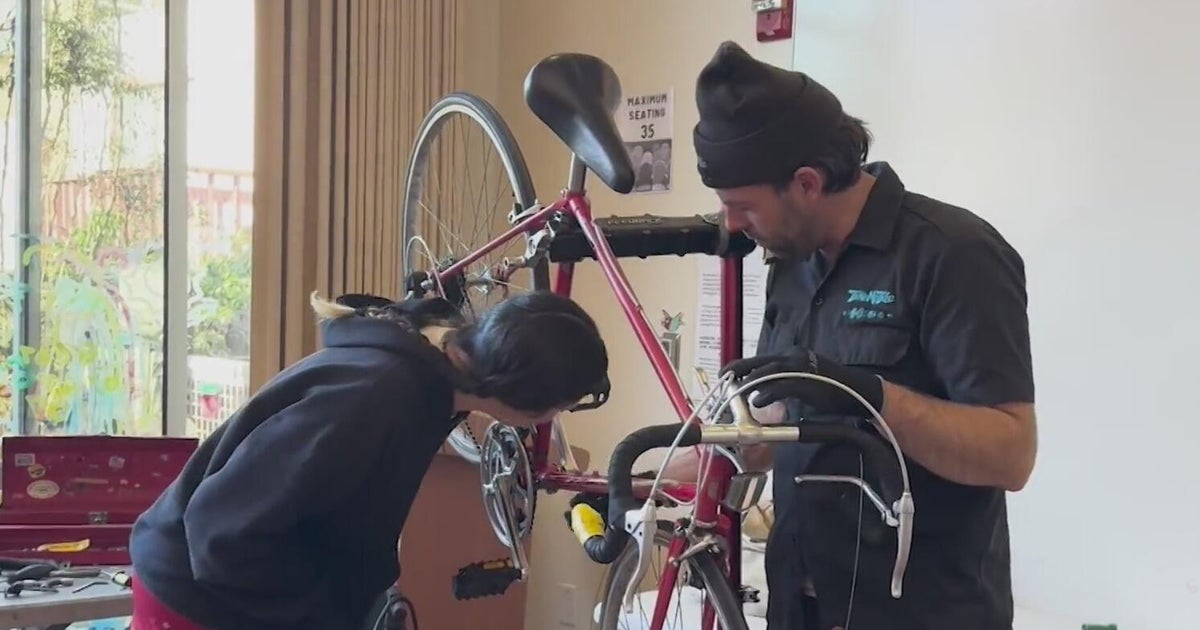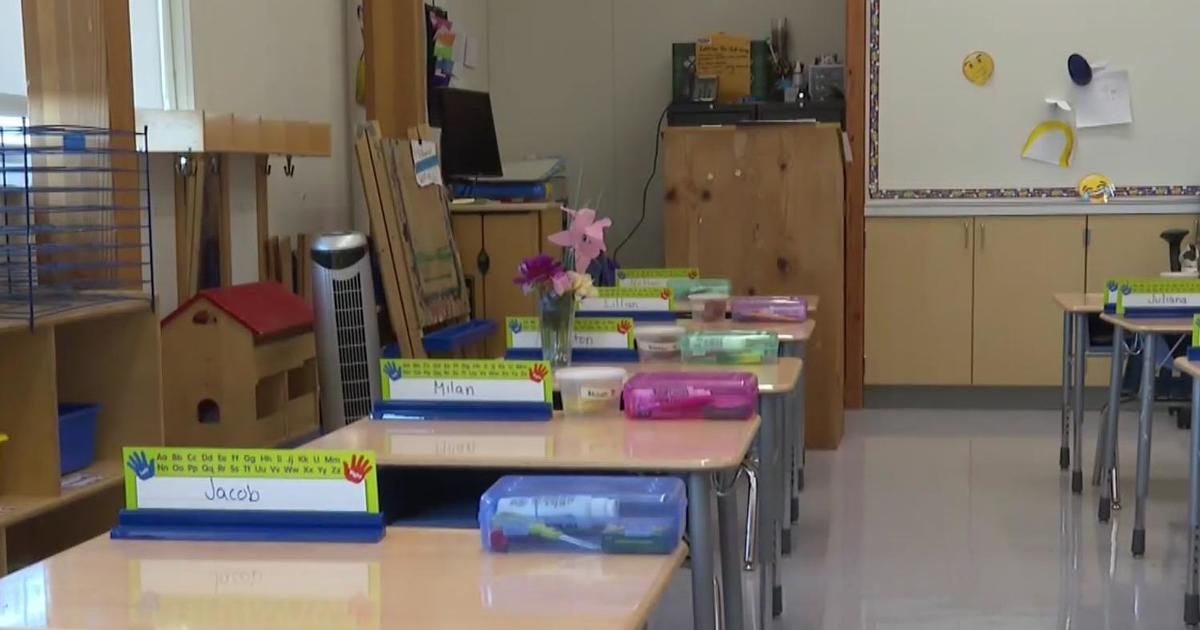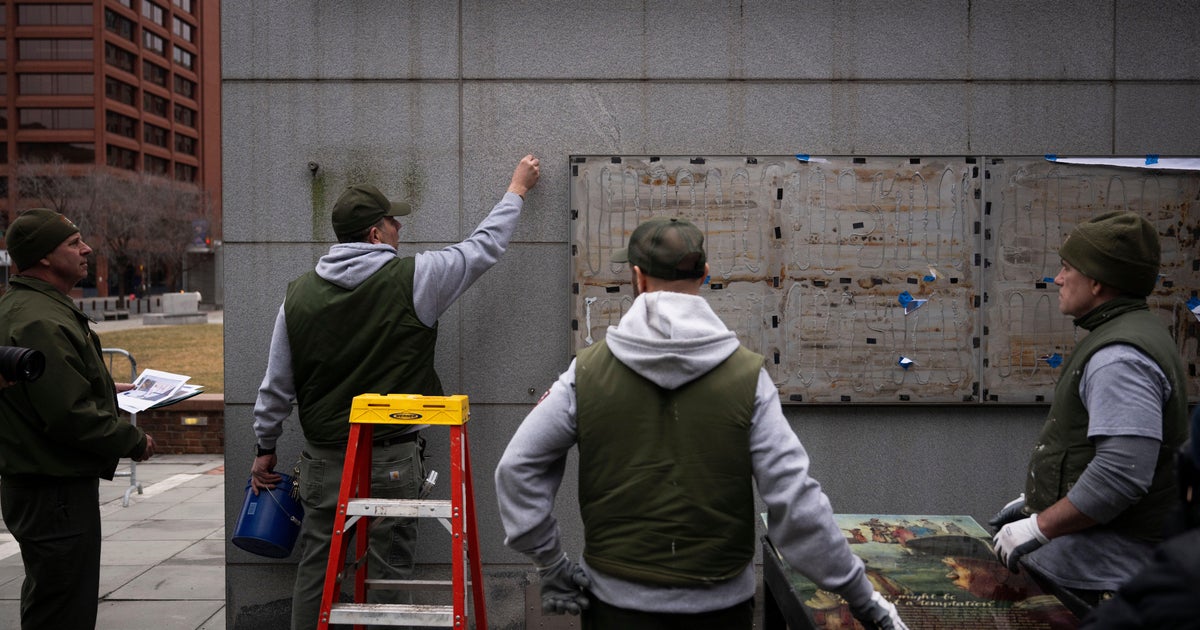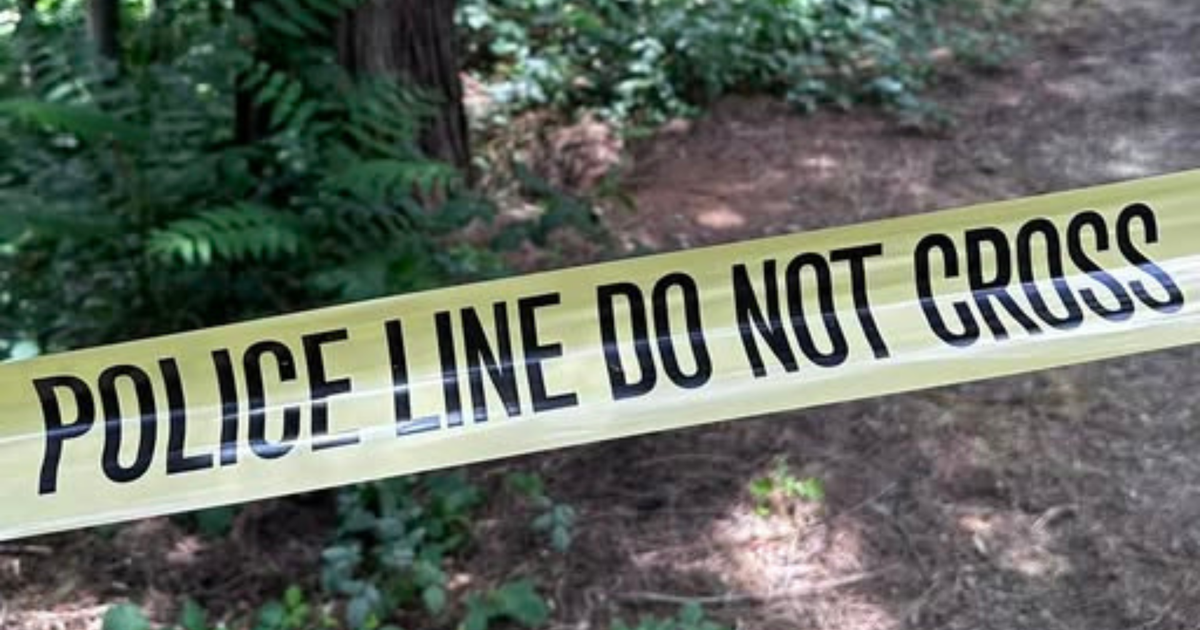Bay Area's Muwekma Ohlone tribe struggles to get official recognition
SAN JOSE -- When Monica Arellano drives across the Santa Clara Valley with her 12-year-old son Lucas, she's reminded of the hundreds of generations of her Muwekma Ohlone ancestors who originally called this area home.
"You never know when you're going to see a sacred site or walking over a sacred site. I mean, these homes are probably built on top of human remains," Arellando said.
As a tribal leader and a mom, Monica wants to keep alive a connection to the land which was reaffirmed on a recent visit to a historic site.
Just inside San Jose's Santa Teresa County Park is where an ancient spring still runs to this day. It's a source of water to the modern-day community, just as it was an oasis to Monica and Lucas' ancestors.
"What a blessing it was for them to have this water source in the village," Arellano said.
Then, just by chance, came a surprise visit by deer and wild turkeys.
"It's a good sign," Arellano said.
They are two animals that were revered by the Muwekma Ohlone and provide the skins and feathers the tribe has long used to decorate themselves for ceremonial dances. This tribe, native to Bay Area and estimated to be 10,000 years old, has about 600 surviving members.
But the tribe, once thought to be extinct, is struggling for official recognition.
"We have done years of genealogy, historical research and record. Everything to prove who we are and that we never left our tribal area," Arellano said.
The Muwekma Ohlone were documented by Spanish missionaries in the 1700s. They were once members of the federally- recognized Verona band of Alameda County. But having no land of their own, the tribe became so dispersed and marginalized over the last century that the Bureau of Indian Affairs erased them from the list of federally-recognized tribes.
Now an effort is now underway to help the Muwekma Ohlone reclaim their status. And they have allies like the San Jose State Department of Anthropology which is backing an educational exhibit on the tribe at the New Museum of Los Gatos.
"We are working with our communities, and the Muwekma Ohlone are our ancestral community here. They are the first peoples of the Bay Area." Said Jan English-Lueck, an anthropologist at San Jose State University.
The exhibit features photos of surviving members of the tribe, showing them as everyday people, professionals, veterans, and students who are keeping their culture alive.
"We are deeply rooted in the Bay Area," Arellano said.
Monica hopes telling their story will help them reclaim their Federal status and possibly acquire land, housing, health care and education for their future generations.
It will also send a message to the greater community once and for all.
"We're here and we never left," Arellano said.







